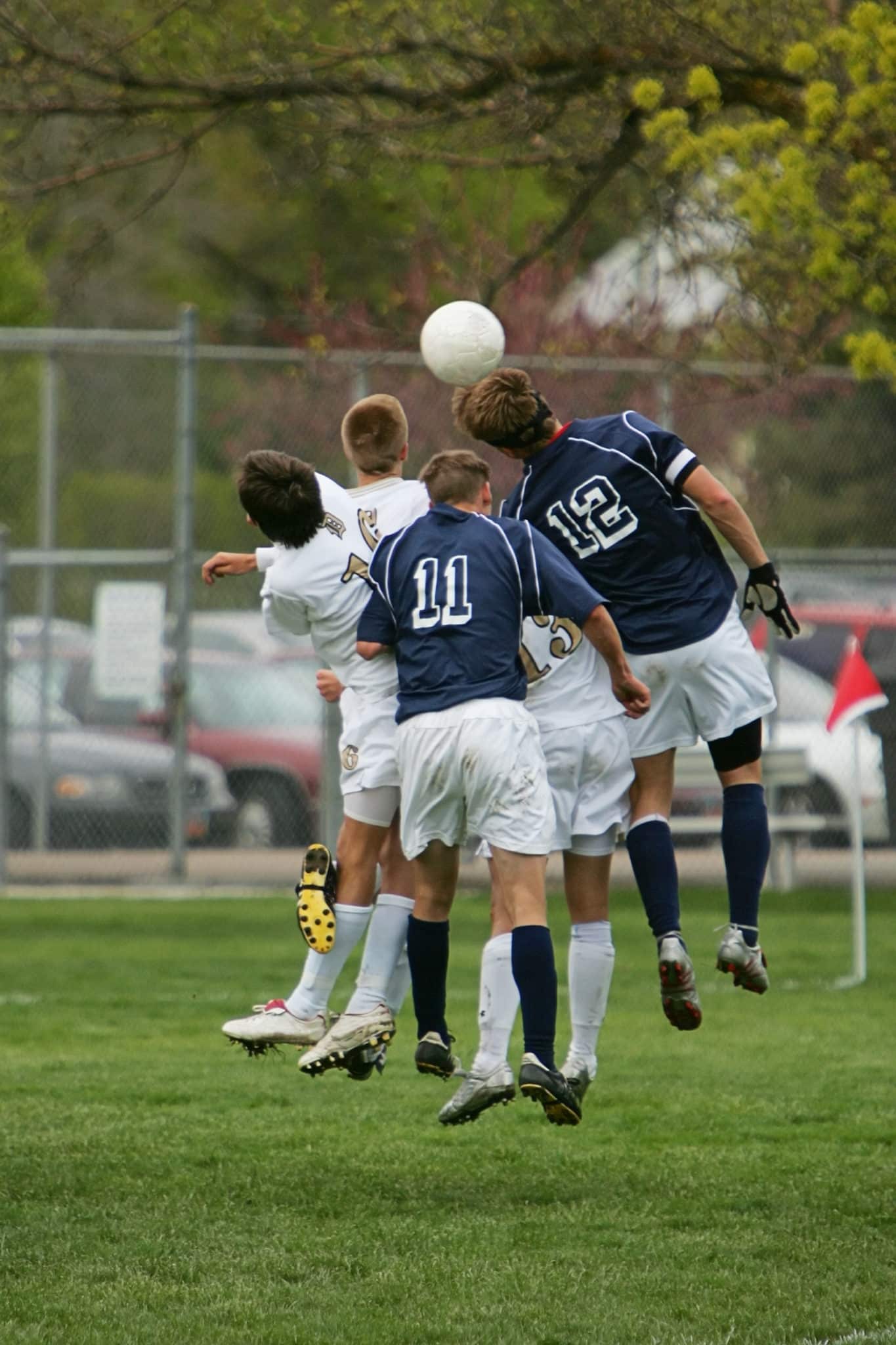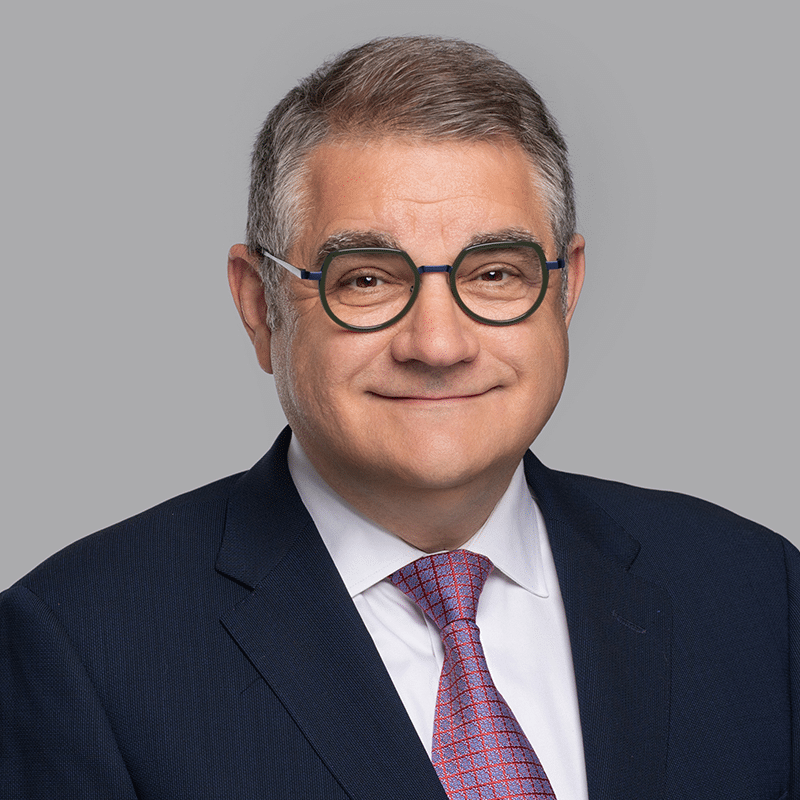
“There is no safe blow to your head. Just like there is no safe cigarette.” These words, spoken by Dr. Bennet Omalu, the now-famous physician and forensic pathologist who first discovered the debilitating effects of multiple concussions in National Football League players, mean that any time an athlete suffers a head injury it is a serious injury which could have concussion symptomatology.
Nature, Causes, and Symptoms
The Canadian Concussion Centre explains that a “concussion is a brain injury caused by a swirling movement (rotational acceleration) of the brain within the skull, either by a direct blow to the head or body, or by a whiplash effect.” A person does not necessarily lose consciousness as a result of a concussion. Concussions are also known as “mild traumatic brain injuries.”
Sports-related concussions are typically associated with contact sports such as football and hockey. But, basketball and soccer have also become known for concussions. Concussions can be sustained in any sport as a result of collisions with an opponent, teammate, the playing surface, a piece of equipment, or an object in the playing area.
If an athlete sustains a concussion, they will likely experience mental and physical symptoms, including: an inability to concentrate; memory loss; headaches; and fatigue and drowsiness. For most individuals, the symptoms usually dissipate in approximately 10 days, but in some cases, physical, mental, emotional and behavioural issues persist. This is commonly referred to as “post-concussive syndrome.” As well, if one sustains repeated concussions in short succession, the individual may also suffer from “second impact syndrome” which can be life-threatening if not treated properly.
Evaluation and Assessment
Medical evaluation and treatment should be provided to an individual immediately following a concussion in order to determine vital signs, consciousness level and other potential injuries. In cases of minor concussion, athletes are evaluated on-site during a “sideline assessment.” In severe cases, evaluation and treatment must be sought from a hospital emergency department.
A neurological assessment can detect impairment and disturbances in brain function and consists of neuropsychological testing related to attention, memory and information processing speed. Such testing is repeated at regular intervals to determine whether an athlete has returned to baseline level performance. A person who experiences persistent post-concussive symptoms must undergo a more thorough neuropsychological evaluation which includes physical testing and medical imaging.
Prevention and Treatment
A key preventative measure is to change the rules for contact sports, but before such a drastic change occurs, prevention of concussions can include: advanced helmet design; improved physical conditioning with an emphasis on strengthening neck muscles; developing heightened awareness of the playing area and potential hazards and stricter rules to avoid contact that can lead to contact with the head.
In addition to prompt medical assistance, treatment of a concussion may also include the following: a description of symptoms (indicative of worsening brain injury and common post-concussive symptoms); education of player and coaches; cognitive rehabilitation and psychological support.
Don’t Just ‘Play On’
Mario Manningham, an NFL wide receiver for the San Francisco 49’ers, once said concussions were “part of the game … until it’s you.” Although attitudes in the sports world are changing, more education is needed to warn athletes about the severity of concussion, how they can take precautions to prevent them and to ensure anyone who receives a blow to the head receives immediate medical attention and be monitored afterwards. Don’t just shake it off! Be diagnosed and follow through with proper care.
You may also wish to read the following related blog posts, “Concussions Defined” and “Rowan’s Law Passes: Sports, Concussions and Youth.”
For more information, please contact Michael J. Henry at 416-361-0889 or mjhenry@hshlawyers.com.






